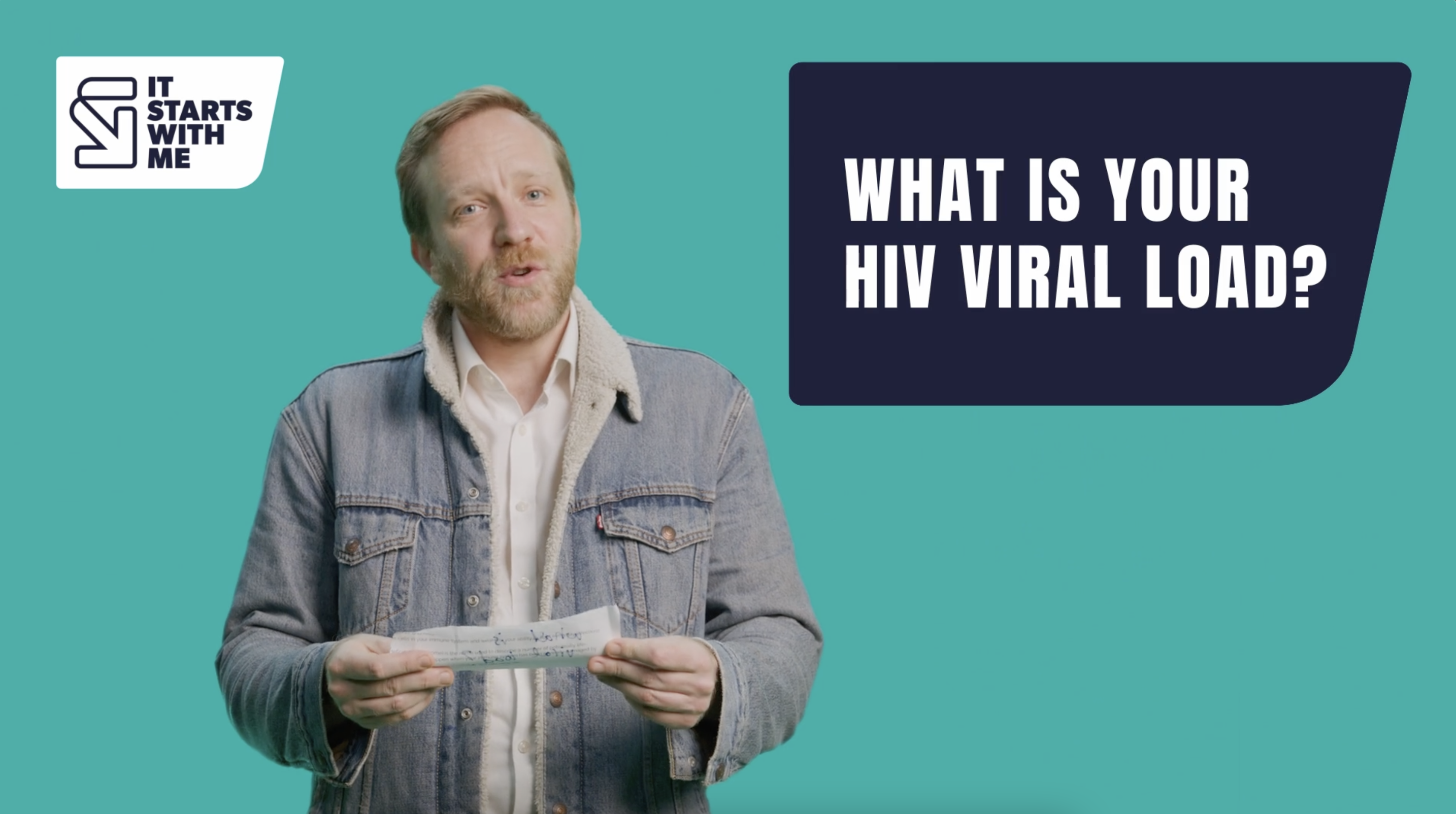
Hormones are not a replacement for birth control
Hormone replacement therapy (HRT) has been a life-saving treatment for transgender and non-binary people for many years now.
Transgender men and transmasculine people often choose to take testosterone as a way to combat gender dysphoria – but can testosterone be relied on as a form of birth control?
The short answer? No.
Testosterone can cause many gender-affirming changes, including facial hair growth, fat redistribution and voice deepening. And while testosterone can also stop a person’s menstrual cycle, it should not be used as a substitute for birth control.
If you are a person who can get pregnant, then proper contraception is needed – regardless of any hormones or other medications you may be taking. If you’re unsure of where to start when looking into birth control, contact your GP or look into trans-focused support groups who will be able to point you in the right direction for advice and resources.
And this doesn’t just apply to transgender men/transmasculine people!
Transgender women and transfeminine people taking estrogen can experience a range of physical changes, from breast development to fat redistribution. And while estrogen can also slow down sperm production, it should not be relied on as a form of birth control when having vaginal/frontal sex with a partner.
Condoms are one of the best ways to prevent pregnancy as well as minimising the risk of sexually transmitted infections (STIs), but there are a variety of contraceptive methods you can try alongside condoms.
Talking to a doctor can help sift through all of the options available, but it can be difficult finding queer-friendly healthcare providers who have experience with transgender patients. Take time to chat to LGBTQ+ friends who have sought healthcare in the past, read testimonies online, and look into support groups that can offer advice. The internet is an invaluable resource for trans and non-binary people – use it!
Commonly Asked Questions
Experts answer your questions on HIV, STIs and sexual health.
Stories
Other people’s lives and experiences can help us learn about ourselves, and how we can be part of the generation that stops HIV. A range of people share their stories and experiences on HIV, STIs and sexual health.












